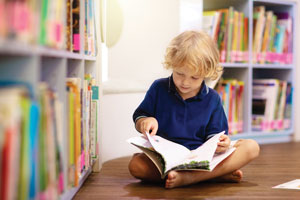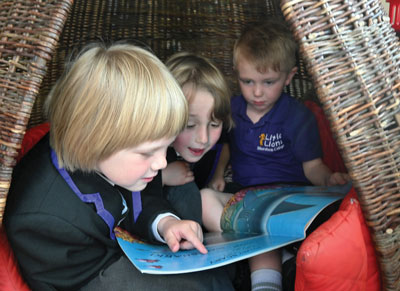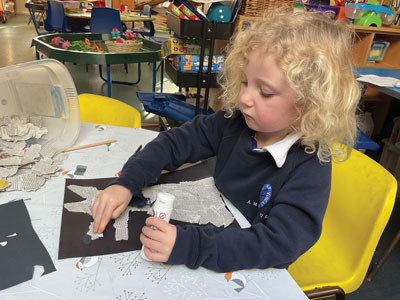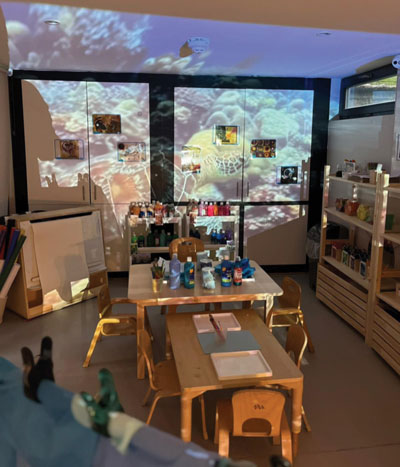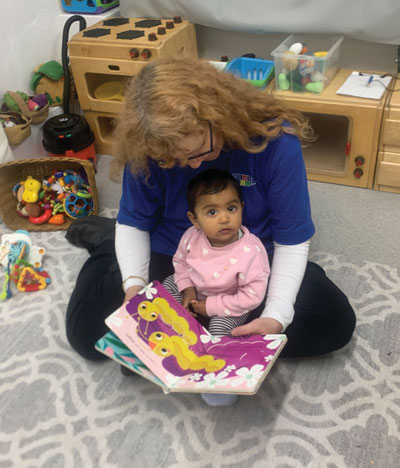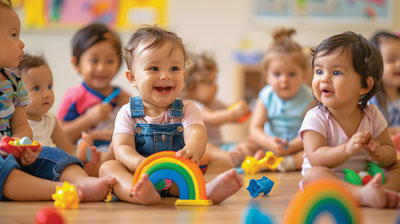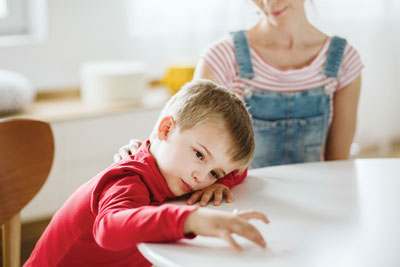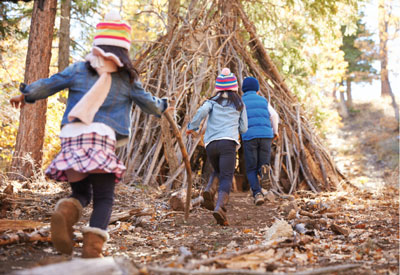
by Dr John Allan,
Head of Impact and Breakthrough Learning at PGL Beyond
In a world dominated by screens, getting children outdoors has never been more urgent – or more important. Outdoor activity offers far more than just physical exercise: it nurtures resilience, builds confidence and develops a wide range of skills that can’t be replicated indoors.
Outdoor play provides conditions rarely found indoors. The unpredictability and multi-sensory nature of being outdoors challenges children to think creatively. Outdoor activities encourage children to explore, make decisions and adapt, building confidence and independence along the way. A child who is used to this is more likely to view setbacks in life as problems that can be solved, or even as stepping stones to growth.
Research shows that children who develop strong psychosocial skills early report better adult outcomes, including higher educational attainment, stronger employment prospects and improved mental health.
Learning new skills – whether physical, cognitive or social – is fundamental to healthy development. Outdoor experiences accelerate this process by fostering a balance of physical, social cognitive and emotional literacy at a time when brain development is most rapid.
Building resilience is central to this process. Psychosocial skills – such as self-awareness, empathy, creativity and adaptability – are established through varied, hands-on, practical experiences. Children who overcome physical obstacles can learn to ‘bounce beyond’ their original position, facing future challenges of all kinds with greater strength. This helps them to build the confidence and mental flexibility that supports both academic achievement and long-term wellbeing.
Getting children away from screens and embracing the outdoors
To inspire children to swap screens for fresh air, make outdoor activity accessible and enjoyable. Start small: set mini challenges such as a scavenger hunt or a timed bike ride. Lead by example – children are more likely to embrace the outdoors if parents value it too, whether through weekend walks, gardening or simply spending time outside together.
You can also weave outdoor experiences into daily routines; taking homework into the garden, organising play dates outdoors or using walks to school as opportunities to explore and chat. Consistency is key; when outdoor activity becomes a natural part of daily life, children see it as rewarding rather than a chore.
Five practical ways to encourage outdoor play
1. Choose a mix of activities
Outdoor play can come in many forms – climbing, cycling, splashing in puddles or exploring woodlands. Progressive exposure to uncertainty is not only healthy but essential for wellbeing. Parents can help by choosing a mix of activities that are both challenging and fun, such as adventure playgrounds or family walks.
2. Don’t let a little rain dampen the fun
The British weather is famously unpredictable, but outdoor play in the rain is just as rewarding. With waterproof clothing and a sense of adventure, children can thrive in wet conditions too.
3. Set smart boundaries on screen time
Today’s young people are predicted to spend the equivalent of 25 years of their lives looking at screens! Every hour sat staring at screens is an hour that could be spent outdoors, exploring, moving or simply playing. Instead, parents can set simple boundaries: no phones at mealtimes, less screen time before bed and encouragement to swap virtual play for real-world adventures.
4. Make movement part of everyday
For children aged five to 17, at least 60 minutes of moderate or vigorous activity daily is recommended. Bike rides, swimming or simply walking to school all count. These habits boost fitness, reduce anxiety and set the foundation for healthier adult lifestyles.
5. Let them learn by doing
For older children especially, independence is vital. Allowing them the freedom to wobble, stumble, fall and get back up teaches resilience. Over-protection, by contrast, can limit their ability to cope with setbacks. Activities that carry both risk and reward – such as trail walking – help young people practise bouncing back.
Children need more than exercise – they need experiences that challenge, inspire and prepare them for the future. Outdoor activity provides stronger physical health, confidence, self-esteem and resilience. Only the unpredictability and vitality of the outdoors offers the mix of skills young people need to thrive in today’s fast-changing world.
Dr John Allan is a leading academic in Sports Pedagogy, Psychology and Adventure Education.


